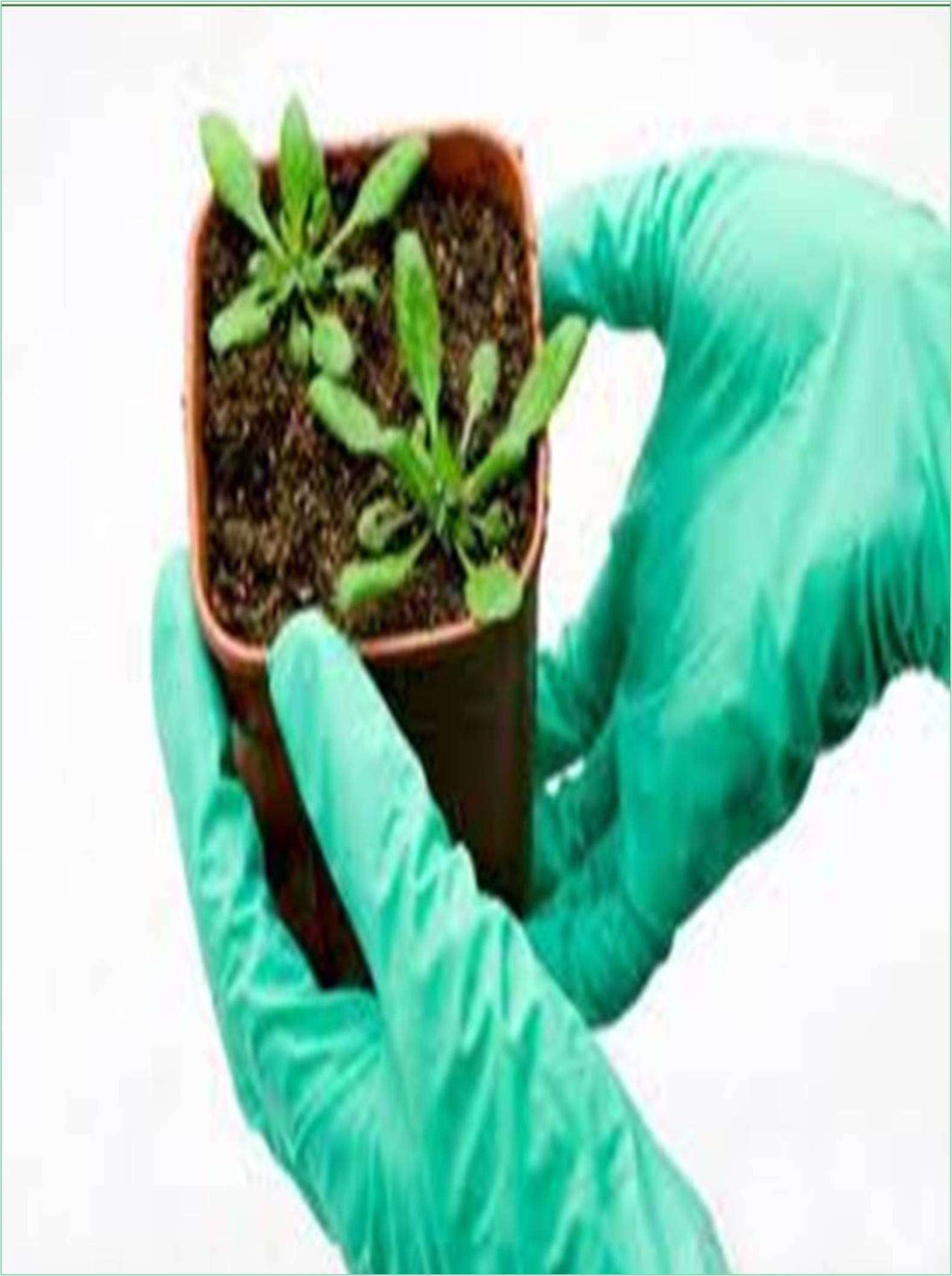



Received: 04-Feb-2022, Manuscript No. GJCSSPB-22-59487; Editor assigned: 07-Feb-2022, Pre QC No. GJCSSPB-22-59487 (PQ); Reviewed: 21-Feb-2022, QC No. GJCSSPB-22-59487; Revised: 28-Feb-2022, Manuscript No. GJCSSPB-22-59487 (R); Published: 07-Mar-2022, DOI: 10.15651/2437-1866.22.9.44
The term organic, or the concept of organic farming, was coined by North Bourne in the 1940s. Organic farming can be defined as farming that does not use fertilizers, synthetic pesticides or synthetic compounds. Instead, promote sustainable agricultural practices through the use of natural fertilizers, biological pest control from animal and plant waste, organic fertilizers and more. The main goal is to repair the damage caused by the Green Revolution and to restore ecological balance. Regardless of their type, organic farming follows the same techniques and methods. Soil management involves the use of natural fertilizers to replenish soil nutrients after each growing season. Weed control discourages the use of chemical herbicides and prefers natural herbicides such as mulching and cutting. In addition, biological forms of pest control are promoted in line with sustainable cultivation practices. Among the many benefits of organic farming produce the crops of highest quality and also nutritious foods that makes healthy. This is an eco-friendly way to increase crop yields. It is also considered to be a cost-effective culture method, and investment yield is considered good. Magic production of products containing advantageous microorganisms interacts with soil and enhances crop productivity. High- adaptable microorganisms increase resistance and help to fight against excitement attacks and pests. It also increases the recording and assimilation of plant nutrients. In order to achieve the demand for growth in India, it also helps to achieve sustainable agricultural practices to maintain future generations. Organic farming is a production system that avoids or significantly eliminates the use of synthetic fertilizers, pesticides, growth regulators, genetically modified organisms and feed additives. Organic farming systems rely as much as possible on crop rotation, crop residue use, animal manure, green manure, green manure, off-farm organic waste, bio fertilizers, mechanical cultivation, mineral-containing rocks, and aspects of biological control. Organic farming improves soil productivity and crumbs, supplies plant nutrients and controls insects, weeds and other pests.
Organic practices increase agricultural productivity; repair decades of environmental damage, engage smallholders in more sustainable distribution networks, and self-organize in production, certification, and marketing. It leads to improvement of food security. In recent years, more and more farmers have become indifferent to agriculture, and formerly cultivated people have moved to other areas. Organic farming is a way to promote either self-sufficiency or food security. The heavy use of chemical fertilizers and toxic pesticides is severely poisoning land and water. This is a serious environmental impact, including loss of topsoil, reduced soil fertility, pollution of surface and groundwater, and loss of genetic diversity. Therefore, it is important that organic farming is a comprehensive production control system that promotes and improves the health of agro ecosystems, including biodiversity, bio circulation and soil biological activity. Many studies have shown that organic farming can produce even higher yields than traditional methods. There are also significant differences in soil health indicators such as the potential for nitrogen mineralization and the abundance and diversity of microorganisms, which were higher on organic farms. Improved soil health on organic farms has also significantly reduced the spread of insects and diseases. Focusing on small integrated agricultural systems has the potential to revitalize rural areas and their economies. Organic farming is an agricultural system that uses organic fertilizers such as compost fertilizer, green manure, and bone meal, and emphasizes techniques such as crop rotation and intercropping. It emerged in the early 20th century in response to rapidly changing agricultural practices. Certified organic farming covers 70 million hectares worldwide, more than half of which is in Australia. Organic farming is now being further developed by various organizations. Organic farming Promotes biological control, mixed culture, and promotion of predatory insects. Organic standards are designed to allow the use of naturally occurring substances while banning or strictly limiting synthetic substances. For example, natural pesticides such as pyrethrins and rotenone are allowed, but fertilizers and pesticides are generally banned. Approved synthetic substances are for example, copper sulphate, elemental sulfur, and ivermectin. The use of genetically modified organisms sucjh as nanomaterials, human sewage sludge, plant growth regulators, hormones, and antibiotics in livestock agriculture is banned. Organic farming practices are internationally regulated and legally enforced by many countries. It is primarily based on standards set by the International Federation of Organic Agricultural Movements (IFOAM).